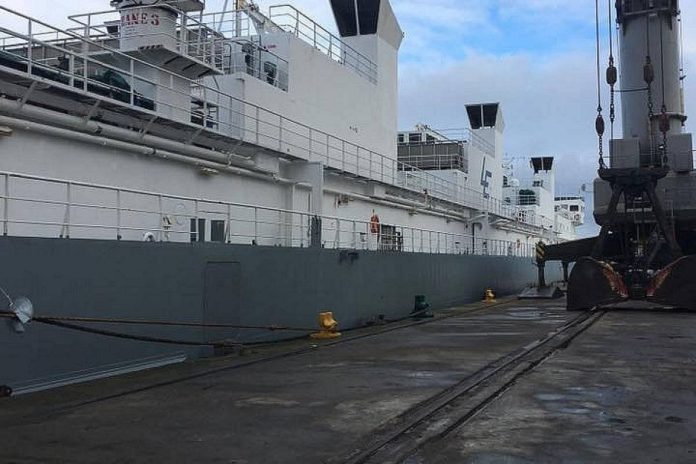Several additional requirements for the export of livestock have been introduced in New Zealand.
The move comes following a review, launched after the tragic loss of Gulf Livestock 1 in early September.
The Ministry for Primary Industries (MPI) has introduced the requirements for the safe transport of livestock by sea. Exporters, vets and animal welfare groups were involved in the review.
Requirements will be introduced until the incoming government can make decisions about a wider policy review of the trade.
“We’ve moved quickly following the Heron review to ensure no serious animal welfare issue for the 24,000 cows in pre-export quarantine, which would likely have to be slaughtered if interim measures weren’t put in place.” MPI Director-General Ray Smith says.
“We want to ensure they are moved safely. It’s important to note New Zealand does not export animals for slaughter, but as breeding stock.”
Mr Smith says the Heron review found New Zealand has robust checks and balances in place to ensure the welfare of livestock transported by sea.
Prohibition on livestock shipments
Cabinet introduced an absolute prohibition on livestock shipments until October 23rd. A conditional prohibition is in effect from October 24th to November 30th.
Mr Smith says immediate changes will apply for the conditional prohibition period including:
- Focused maritime inspection of livestock carrier ships entering New Zealand to transport livestock by Maritime New Zealand as an additional safeguard;
- Restricting stocking density on vessels to 90% of current limits to match new Australian standards;
- Increased requirements for voyage reporting, including daily veterinary reports during voyages;
- Increased minimum fodder requirements that ensure at least 20 per cent of feed is available for unplanned delays during the voyage.
Mr Smith says MPI is considering longer-term changes suggested by the reviewers, such as requiring more information in animal welfare export certificate applications and reviewing current rules, guidance, and regulations.
“Advice will be provided soon to the incoming government on the wider policy review. The independent reviewers’ report will help inform that work.”
“Included in the advice will be further consideration of lower stock density rates for shipments,” Mr Smith says.”
Mike Heron says: “Our review found that while the system is robust, there are changes that can be made now to boost the assurances MPI receives.”
He says during the conditional prohibition periodm MPI will have discretion to consider applications for AWECs for livestock exports by sea. Approval for AWECs will not be granted for livestock shipments unless all requirements have been met.
“We are working closely with exporters to ensure the new requirements are well understood.”





